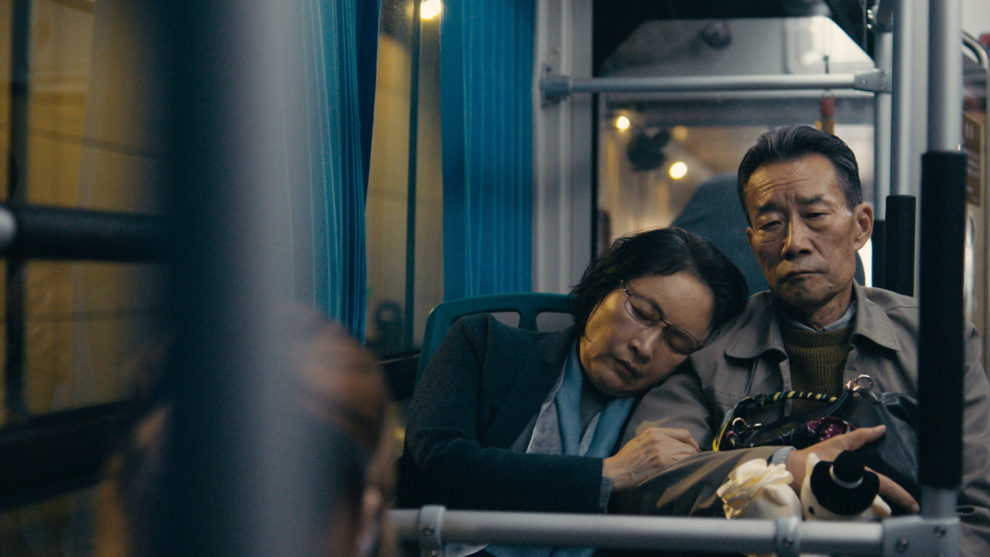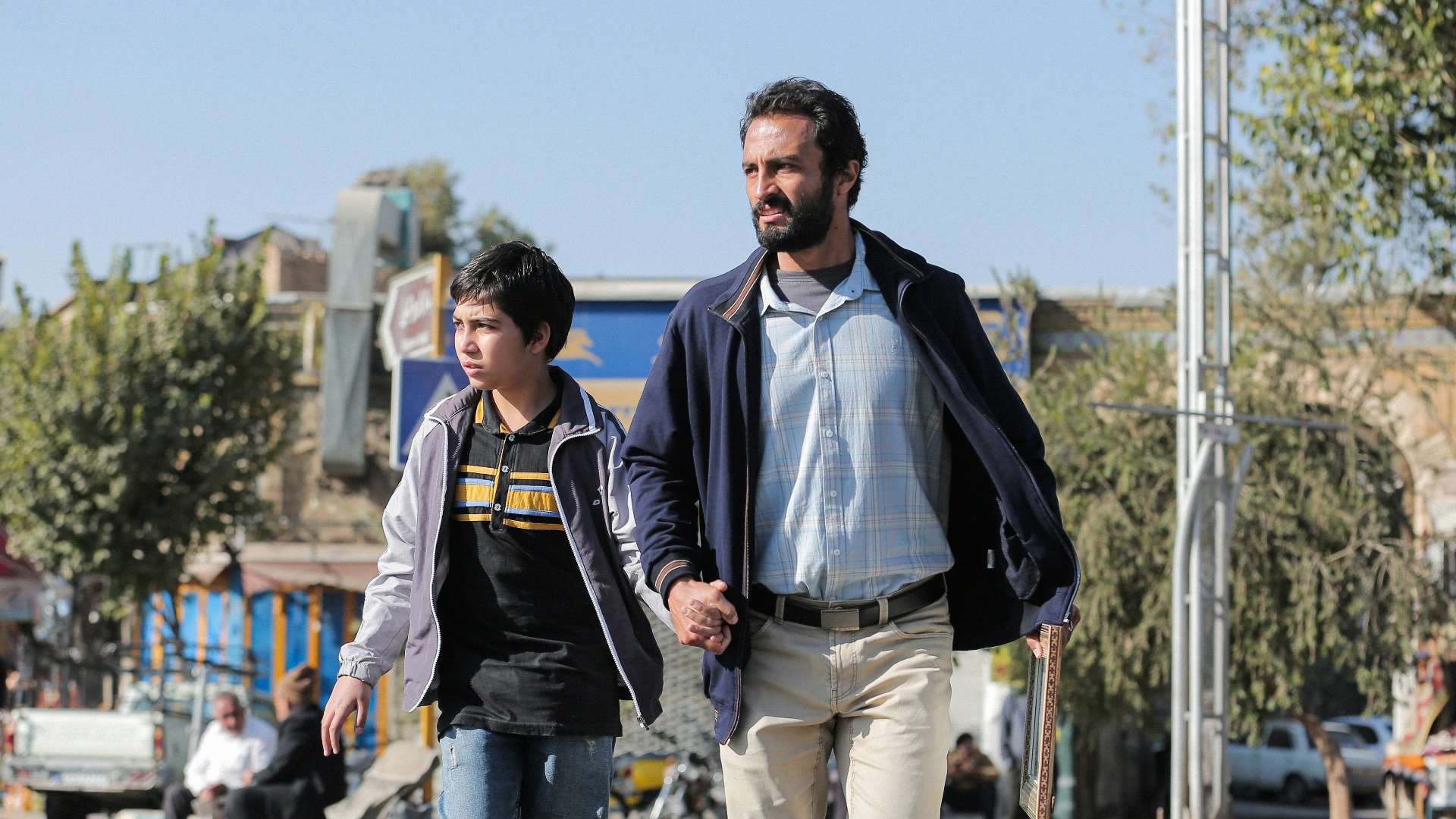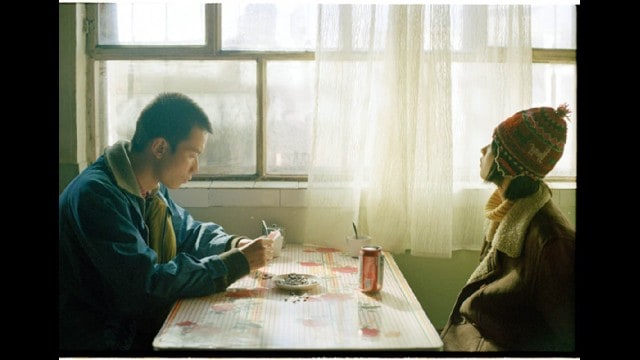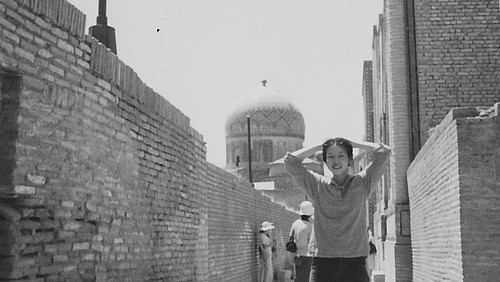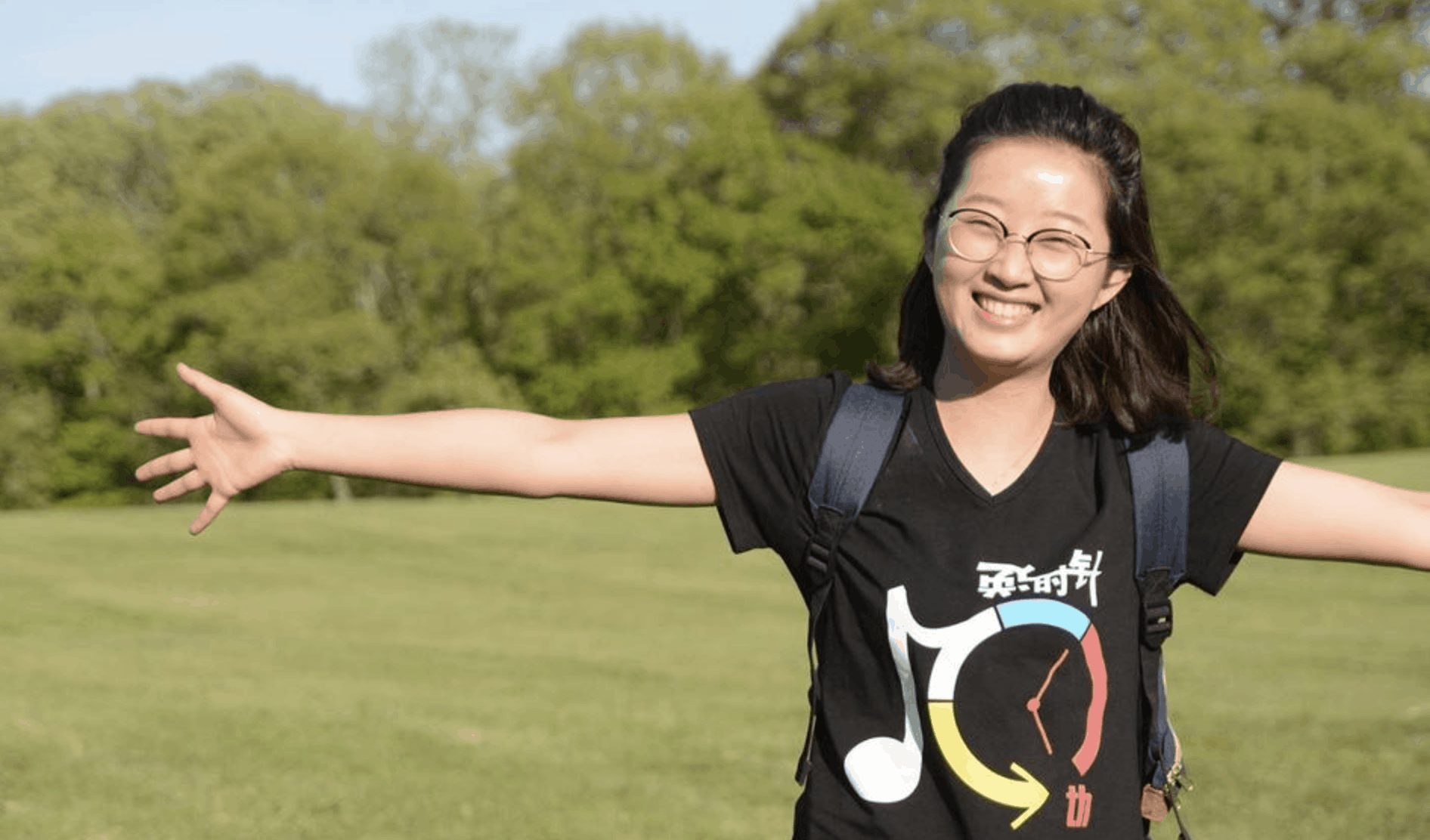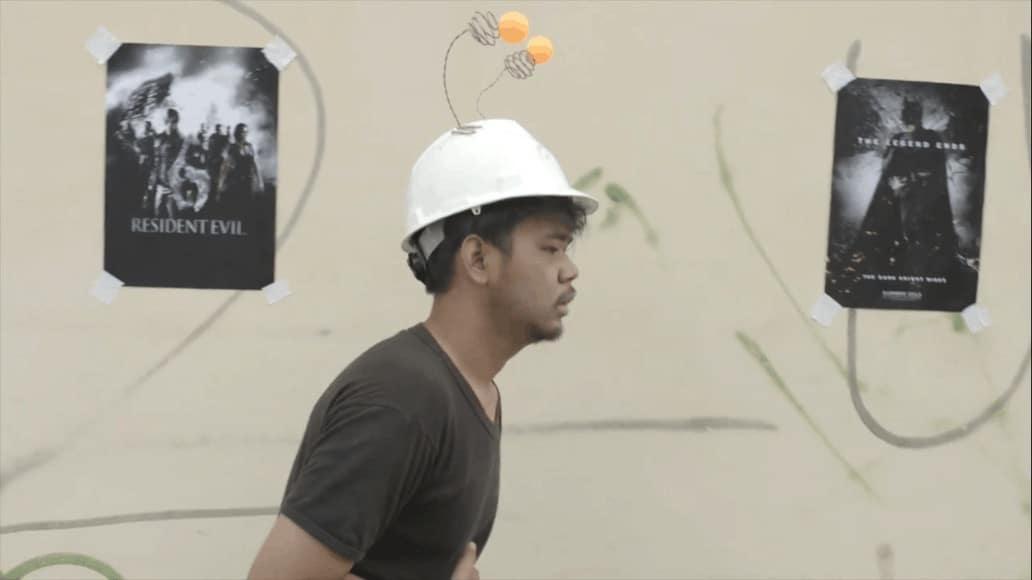While typing these words I have found out that “To Love Again”, a wonderfully accomplished drama by the Chinese director Gao Linyang, was one of the two winners of the Tiger Competition Special Jury Award in Rotterdam which comes with the money prize of 10.000€. Very few people were lucky to experience the film on site in one of the theatres. For most of us who had to follow the festival online, watching the film didn't even present itself as a possibility since the right-holders decided against making it accessible to all accredited professionals. It took me a while to secure an invitation to watch this film, and every second of the wait paid off.
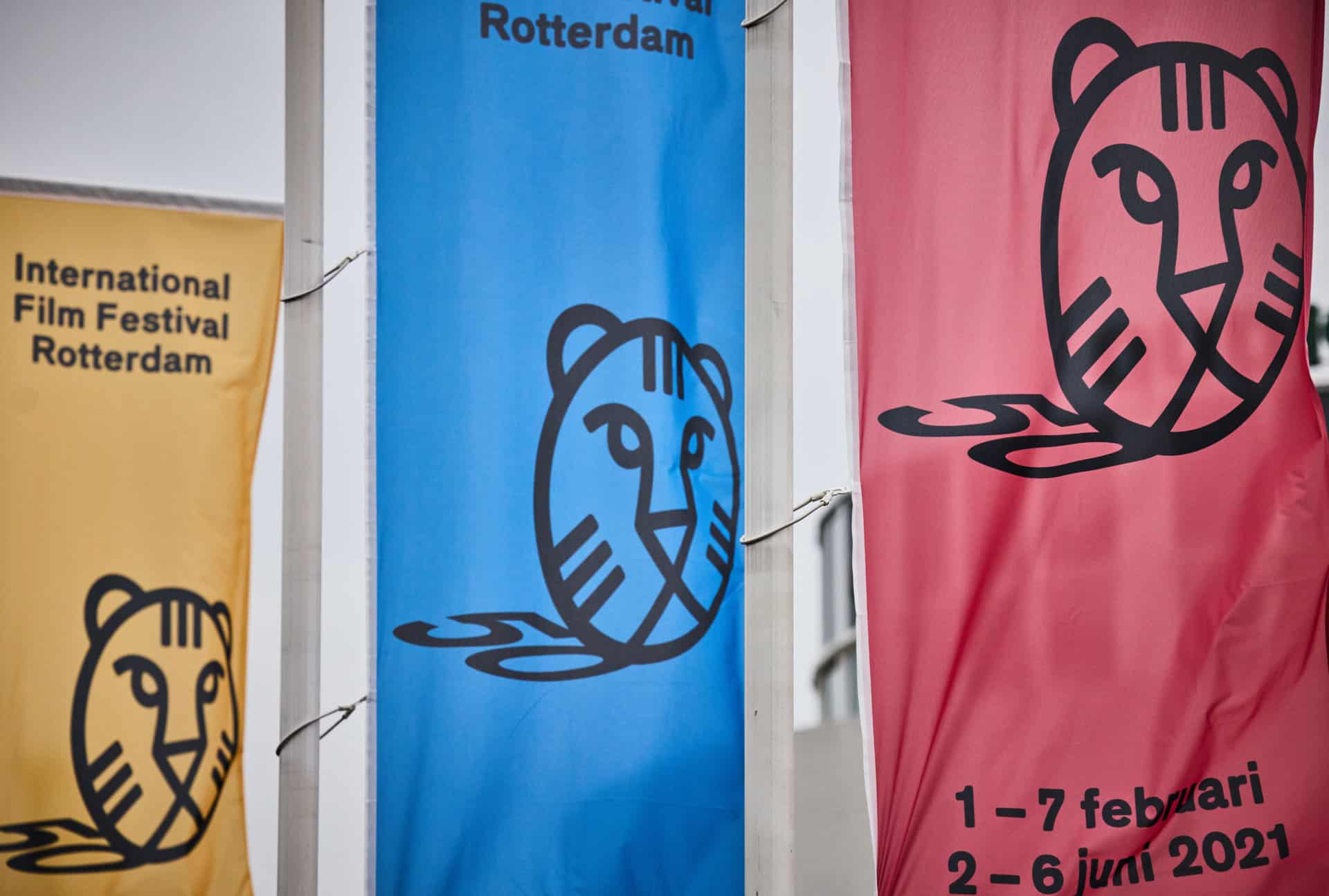
Gao Linyang's skillfully crafted debut opens with the famous Wedding March from “A Midsummer Night's Dream” by Felix Mendelssohn, a standard piece one hears in films that have something to do with weddings, or for that matter – at weddings one attends in real life. Maybe not necessarily in China, but what would I know. The times have changed, so might as well the local music choices. But stay assured that all romance related to the Wedding March will be washed away the moment you realize that there is a mass wedding going on, a practice not unusual in China where such practice is far away from being considered as something awkward or of ‘less value'. For an average westerner, it is a nightmare coming to life.
Li (Bi Yanjun) and Nie or Suzhen (Liao Xueqiu) have just had the renewall of their vows. No one else except good friends and fellow-church goers Meijuan (Liao Xueqiu) and Ge (Bi Yanjun) were present, but for the same reason – renewing their own vows as well. In lack of interest by their children who didn't show up for the photo shoot, Li & Nie's wedding photo needs to be photoshopped. It will eventually get the central position in the livingroom in all its fake glory.

Gao Linyang's gentle approach the life of a married couple does often feel like watching an observational documentary, and her way of telling their story is truly impressive. There are lots of tiny pieces of the puzzle that fall into place, building a fascinating picture of a relationship based on understanding and care, and on tolerance of each other's imprerfections and the past. The calmness with which all topics get discussed, even those that could potentially cause missunderstandings and even break-ups, point out at a bond deeper than one can perceive with eyes and ears.
Right after their colourful wedding event, Nie – still very much under the impression – is on the phone with her stepson who lives in the States, trying to describe him what they have just experienced. “It was a group of oldies all dressed up, but it nevertheless felt like a real thing”, she tells him. For her, the highlight was to be able to wear a wedding dress, a comodity forbidden under the strict communist regime back in the 1960s.
The past gets mentioned more often than once during the film, as it is hunting both spouses. On one occasion, Li gets a phonecall from his hometown in Shanxi which informs him that his late wife's grave will be removed soon. He either has to go there to find a new place for her, or get her ashes home. His suggestion that maybe all three of them ‘should celebrate' together doesn't upset his current wife of 30 years who drily remarks that he might as well be burried alongside his ex, since the grave was paid for in advance. Or maybe splitting the ashes, she suggests, so that she can be half-burried with him, and half with her formed husband. She was married before as well, it turns out, but obviously not to a kind man she thought he was. Details about her ex will come out of a deep shadow, reveiling his cruel nature motivated/ inspired by the cultural revolution in 1966.
The search for the best possible shared urn will become one of the film's central pieces as the symbol of simultaneously embracing and bidding farewell to the past, and finding peace with the now.
Nie is helping the local church with a regular dance event in the open space which is unfortunately also reserved for all kinds of noisy activities, even shooting at the balloons. While the couples are perfecting their dance moves, Nie is doing the bureaucratic part of the job. Li is a conservator who works on the restauration of sculptures and figurines, and one can see that the couple leads a relatively comfortable life.
Cinematographer Shen Junyi frames the actors like painting sujets frozen in the right moment. The warmth of orange and yellow hues makes the home environment friendly and approachable, calling us to witness small daily rituals and care the spouses show for each other.


